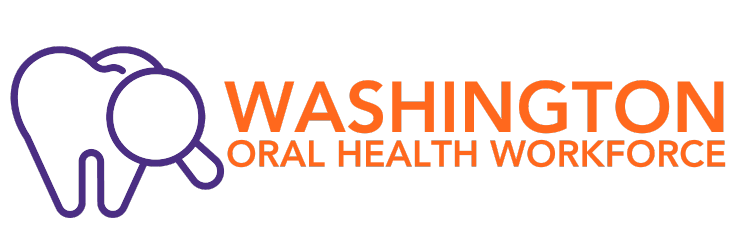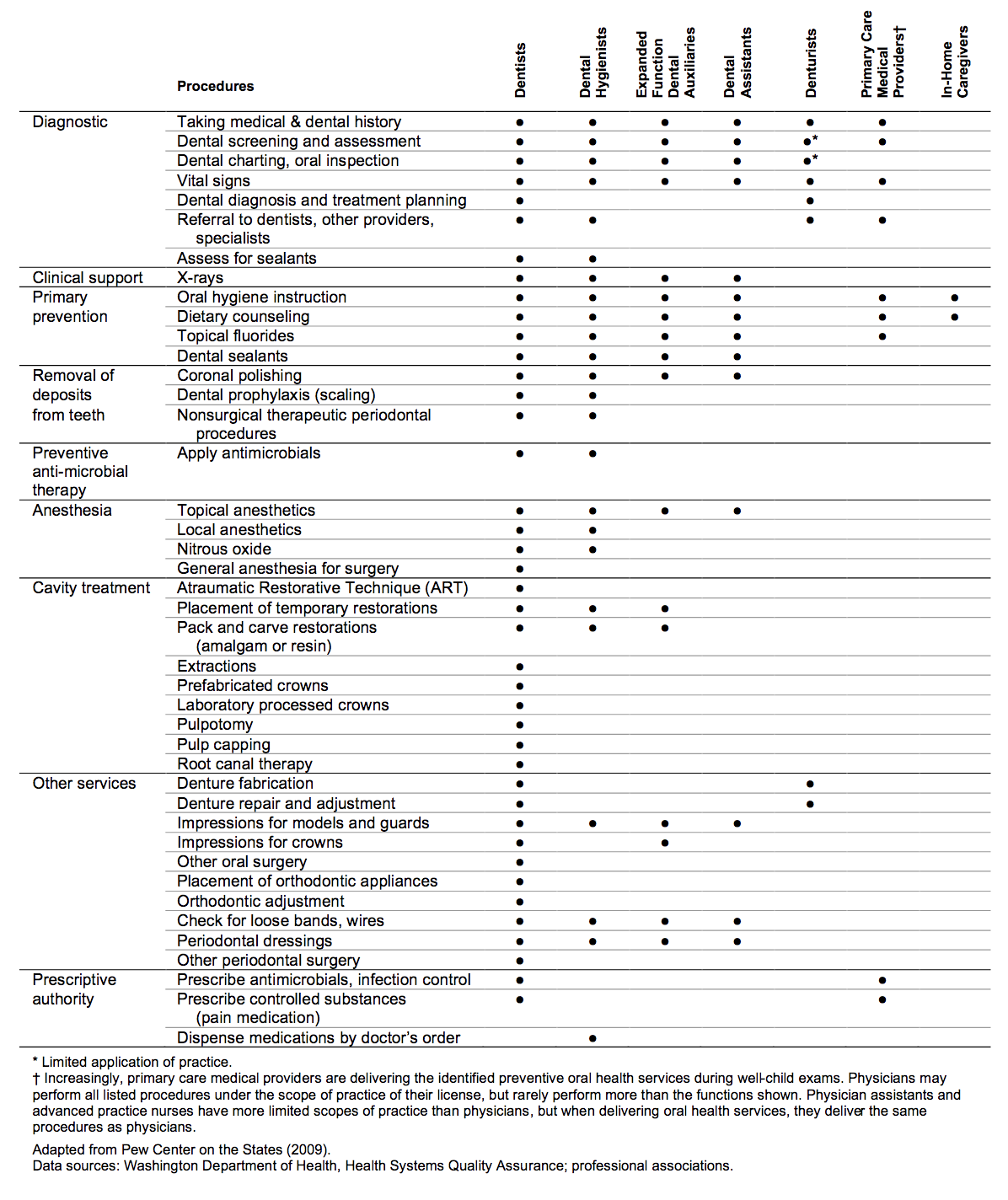Occupations Comprising Washington’s Oral Health Workforce
Several occupations comprise Washington’s oral health workforce. Not all occupations require formal licensing in the state, although most require at least a certification or registration. Click the links for more specific state requirements by provider type from the Washington State Department of Health.
|
Provider Type |
Years and Type of Education Required |
Credential Required to Practice in Washington |
|
DDS or DMD via 4 years of dental school post-bachelor’s degree; specialists receive additional education; 63 hours CE every 3 years |
License; residents can obtain a limited license for practice within approved educational settings |
|
|
Associate degree (2 years following prerequisites) or bachelor’s (4 years) or master’s in dental hygiene from an accredited program; pass the Dental Hygiene National Board Exam; 15 hours CE annually |
License |
|
|
EFDA certificate following completion of nationally accredited dental assistant program |
License |
|
|
Associates degree |
2023 WA law granted authority to practice in community health clinics (House Bill 1678), expanding 2017 law allowing dental therapists to practice on federally designated tribal lands (Senate Bill 5079). Licensing information forthcoming. |
|
|
Range: from on-the-job training to associate’s degree; No CE required for state but 12 hours annually for national certification |
Registration – annual renewal |
|
|
1-2 years, associate degree, or completion of an approved technical program; 15 hours CE annually |
License |
|
|
High school, 4 years’ experience or 2 years’ experience and completion of a dental lab tech education program |
Certification |
|
|
Approved dental anesthesia assistant training course that includes IV access or phlebotomy; 12 hours CE every 3 years to maintain certification |
Certification and valid anesthesia permit of oral and maxillofacial surgeon or a dental anesthesiologist. |
|
|
Primary Care Medical Providers |
No specific oral health education required beyond medical degree; to be reimbursed by Medicaid, must have training through Washington Dental Service Foundation |
Professional medical license |
|
Supporting Caregivers |
Oral health is a component of initial short-term training for in-home caregivers; 10 hours CE in oral health available |
None |



